
Oklahoma Employer Ordered to Pay $72,000 for Misclassifying Retail Workers and Denying Overtime
An Oklahoma employer must pay $72,000 in back wages and damages after misusing an agricultural exemption to avoid paying overtime to 20 retail employees across multiple locations.
December 3, 2024
Legislation & Regulation
Litigation
Risk Management
Workers' Compensation
Missouri
Oklahoma
Texas
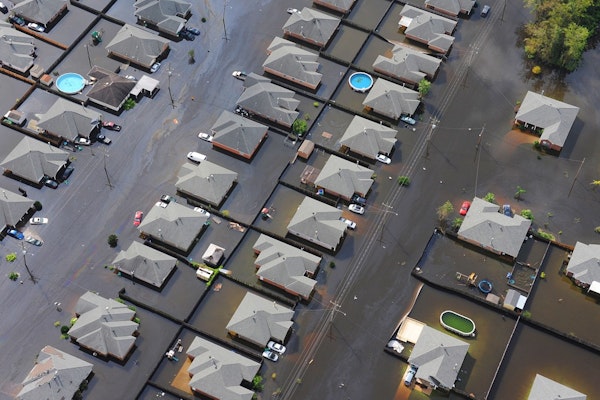
AI Tool Creates Accurate Satellite Images Predicting Floods
MIT researchers combine generative AI and physics models to create realistic satellite images of future floods, enhancing readiness and emergency planning.
December 2, 2024
Catastrophe
Insurance Industry
Risk Management
Technology
Texas
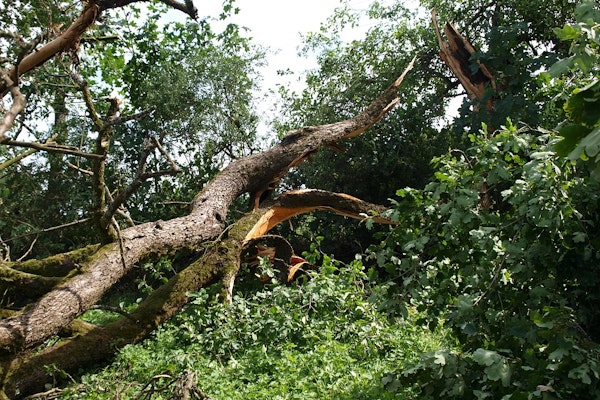
Record-Breaking 2024 Hurricane Season Ends with $50 Billion in Insured Losses
The 2024 Atlantic hurricane season, ending with 18 named storms, saw record-breaking storms, including Hurricane Milton, which inflicted billions in insured losses across the U.S.
December 2, 2024
Catastrophe
Insurance Industry
Property
Risk Management
Florida
Georgia
Louisiana
North Carolina
South Carolina

Rising Climate Risks Drive 13% of US Homebuyers to Consider Moving
Concerns about natural disasters and climate risks are influencing 13.7% of US homebuyers to relocate, with low-risk areas seeing faster home value growth for the first time since 2010.
November 22, 2024
Catastrophe
Insurance Industry
Property
Risk Management
California
Florida
Texas
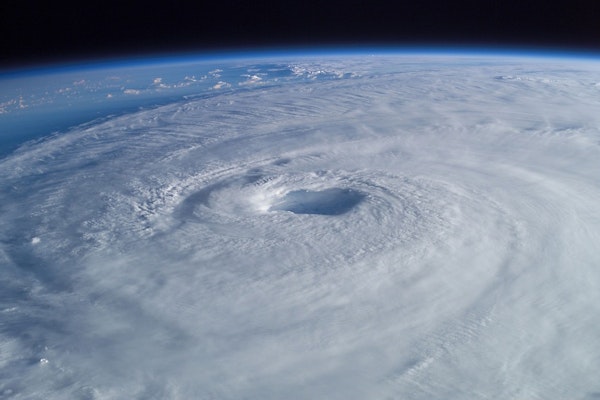
AI Weather Models Prove Effective During Hurricane Season
AI-powered weather models, like Google DeepMind’s GraphCast, are transforming hurricane forecasting, demonstrating enhanced accuracy and speed compared to traditional physics-based methods.
November 20, 2024
Catastrophe
Insurance Industry
Risk Management
Technology
Louisiana
Texas

Rising Roof Claims Challenge Insurers Amid Severe Weather and Roofing Scams
Severe weather, inflation, and roofing scams are driving a surge in roof-related insurance claims, forcing the industry to adjust coverage and policy conditions to manage risks.
November 18, 2024
Catastrophe
Fraud
Insurance Industry
Property
Texas
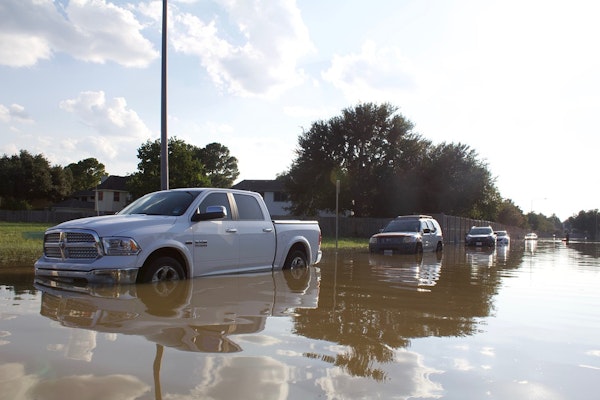
Flood Insurance Gaps Highlighted by Hurricane Helene’s Impact
The devastation caused by Hurricane Helene sheds light on the widespread lack of flood insurance, revealing critical challenges in accessibility, affordability, and risk awareness.
November 18, 2024
Legislation & Regulation
Property
Risk Management
Florida
Louisiana
Texas
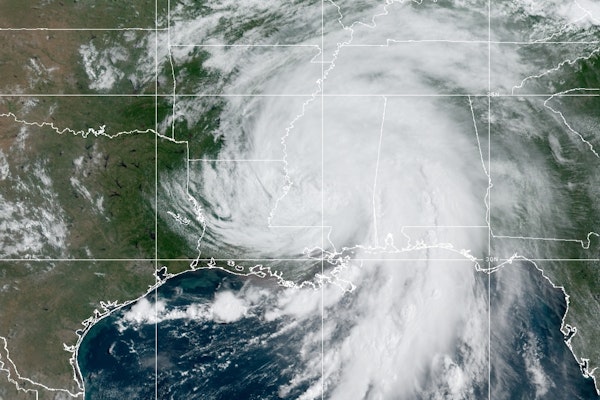
AI Revolutionizes Hurricane Forecasting with Unprecedented Accuracy
AI weather models like GraphCast demonstrated remarkable accuracy during this hurricane season, outperforming traditional models in predicting storm tracks but facing challenges with intensity forecasting.
November 15, 2024
Catastrophe
Risk Management
Technology
Louisiana
Texas
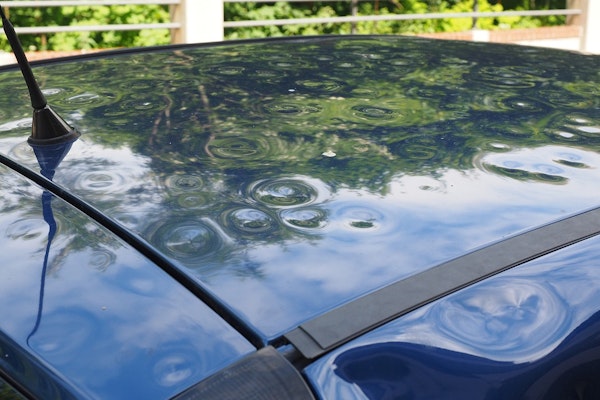
Hailstorms Drive Record Insurance Losses as Experts Push for Better Detection and Prediction
Severe hailstorms in the U.S. have led to record insurance losses, with hail damage growing due to rising urbanization, climate change, and frequent severe convective storms. Enhanced monitoring projects promise insights to mitigate future risks.
November 5, 2024
Catastrophe
Insurance Industry
Risk Management
Technology
Colorado
Texas
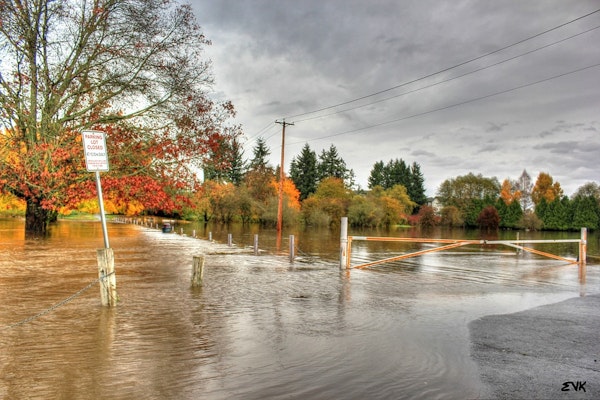
Texas A&M Research Links Climate Change to Increased Hurricane Rainfall in the Southeast
A Texas A&M study shows a nearly 20% increase in extreme rainfall during storms like Hurricane Helene, linking climate change to intensified flooding risks across the southeastern United States.
October 28, 2024
Catastrophe
Property
Risk Management
Florida
Georgia
North Carolina
Texas
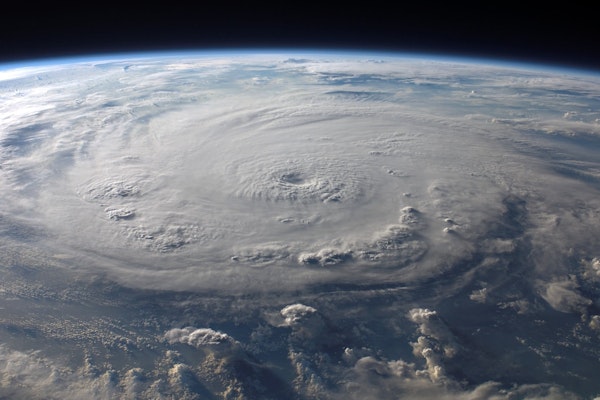
Catastrophe Bond Investors Dodge Severe Losses Following Hurricane Milton
After Hurricane Milton weakened before landfall, investors in catastrophe bonds are facing losses well below earlier estimates, with single-digit hits predicted instead of the feared 15%.
October 11, 2024
Catastrophe
Insurance Industry
Property
Risk Management
Florida
Texas

Dockworkers Reach Tentative Deal, Strike Suspended Until January
U.S. dockworkers have suspended their strike after reaching a tentative agreement with terminal operators, securing a wage increase and agreeing to continue negotiations in January.
October 4, 2024
Legislation & Regulation
Litigation
Risk Management
Alabama
Florida
Georgia
Louisiana
Maryland

Solar Energy Growth Sparks Surge in Construction Claims
The rapid growth of solar energy is driving an increase in construction-defect claims, as industry experts highlight risks such as fire, environmental concerns, and insurance coverage issues.
October 4, 2024
Insurance Industry
Legislation & Regulation
Property
Risk Management
Arizona
California
Colorado
Florida
Texas

Tennessee School District Duped Out of $3.4 Million in Curriculum Vendor Scam
A rural Tennessee school district was swindled out of over $3 million when a finance officer unknowingly wired funds to a fraudster impersonating a legitimate curriculum vendor, part of a growing wave of email scams targeting schools.
October 1, 2024
Education & Training
Fraud
Litigation
Technology
Arizona
Ohio
Tennessee
Texas
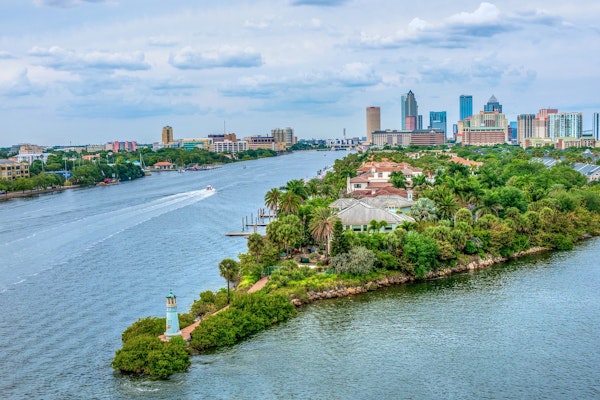
Homeowners Insurance Costs Surge Across the U.S., Florida Takes the Lead with Soaring Rates
Homeowners across the U.S. are facing sharp insurance premium hikes, with Florida seeing the steepest increases, fueled by hurricane risks, fraud, and lack of competition.
September 18, 2024
Catastrophe
Litigation
Property
Risk Management
Florida
Louisiana
Texas





